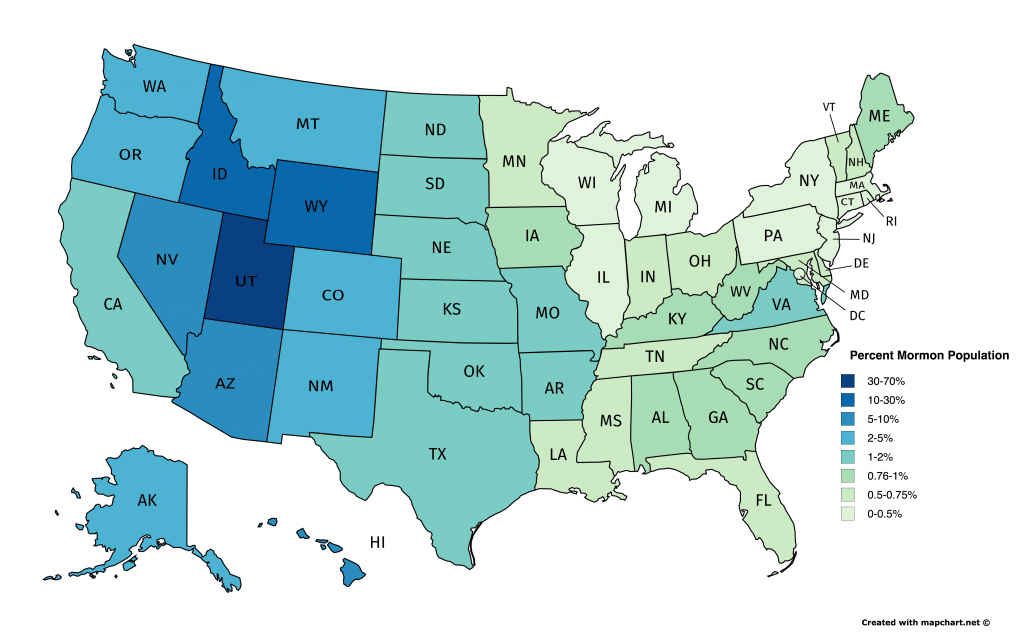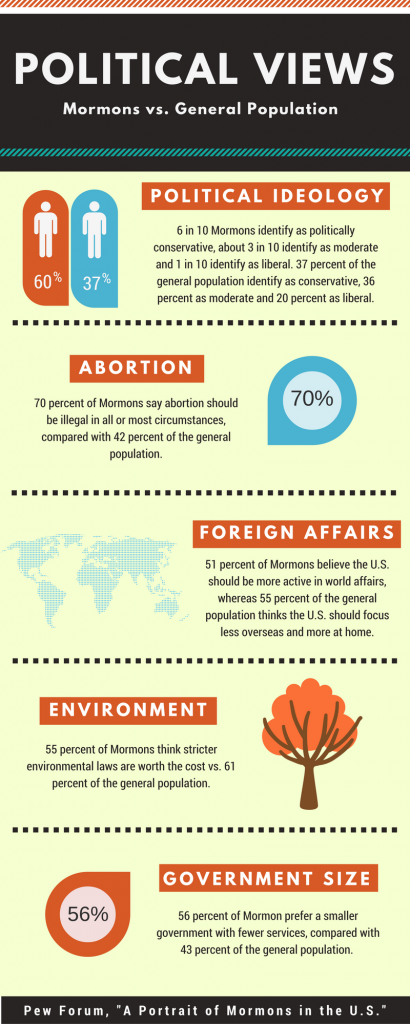Editor’s note: This story pairs with another titled “Snapshots of US Mormon civic engagement.”
BYU professor Quin Monson compares Mormons’ civic engagement to dry kindling: a group with the potential to act that is most effective when called upon.
Monson said counsel from LDS Church leadership is the “spark” that ignites Mormons to become civically engaged in their communities.
“The church can play a very powerful role in motivating church members to become more involved,” Monson said.
“Seeking the Promised Land,” a book Monson co-authored that studies Mormon political habits, said Mormons who actively participate in their congregations are generally more likely to be civically engaged.
“Mormons who are more involved in church work are more involved in politics and in the community, but only to a point,” the authors said in the book. “Eventually the clock runs out.”
Monson said church members who spend a great deal of time at church activities and serving in church callings tend to be less civically engaged due to the limited amount of time they have to get involved.
The authors of “Seeking the Promised Land” also said LDS Church attendance teaches members several skills that are ideal for political activity, such as running meetings, speaking in public and talking to neighbors. This can give Mormons an advantage as others may develop these civic skills only through their career or education, Monson said.
“There’s a high level of civic skill there that, while the motivation isn’t there to be super involved all the time, when called upon, church members feel pretty comfortable diving right in and getting involved,” Monson said.
Mormon civic engagement seems to match that of other highly-religious groups in the U.S., Monson said.
“As we show the level of civic engagement of Mormons compared to other religions, we’re not terribly different overall, but what is different is that church members tend to respond pretty positively to calls to action,” Monson said.
North Las Vegas Assistant City Manager Ryann Juden said in Nevada, the Mormon block tends to be more politically active, especially in non-presidential election cycles, when Mormon participation tends to outweigh that of the general population.
“Mormons tend to be better voters. They vote often,” Juden said. “The Mormon block tends to be very effective, and you definitely see it in the state legislature.”

BYU graduate McKay Coppins, who followed the Republican campaign trail during the 2016 presidential election as a BuzzFeed political writer, observed Mormon political involvement throughout the U.S during the election.
“There’s a reason that Mormons are such a coveted voting block now for both parties and for all kinds of candidates, and it’s because they do have a high level of civic engagement,” Coppins said.
In one of Coppins’ interviews with political operatives in Las Vegas on the campaign trail, the operatives said Mormons are the best campaign volunteers because a lot have served LDS missions and aren’t afraid to go out, knock on doors and tell people about a candidate.
The operatives also said Mormons are valuable campaign volunteers because they turn out to vote in high numbers and are in touch with the community, as the organization of the church provides a network of connections for Mormons, Coppins said.
“There’s a general perception that (Mormons are) more engaged; they’re more likely to vote, they’re more likely to be involved in the community,” Coppins said.
BYU political science professor Chris Karpowitz said he doesn’t think Mormon civic engagement differs much from that of the general population. He said this is because Mormon voters are susceptible to the same forces that affect everyone else, such as particularly competitive electoral races.
“Whether or not Mormons turn out to vote has something to do with the set of choices that they’re presented and the likelihood that the race will be close, and whether or not there are issues that are especially important to LDS people as part of the campaign,” Karpowitz said.
He said in general, Mormons are very similar to citizens of other faiths or of no faith at all in their levels of participation.
Although Mormon political ideology tends to favor more conservative views, according to Pew Research Center, the LDS Church has established itself as politically neutral. However, Mormon political involvement is affected by members’ commonly held values and goals, especially when reinforced by church leadership, according to “Seeking the Promised Land.”
“Although the norm in modern times is for LDS Church leaders to stay away from politics in their day-to-day activities and the formal policy is to steer clear of partisan politics completely, church leaders occasionally speak out on what they describe as ‘moral issues,’” the book said. “Such issues are typically cultural, such as gambling, abortion, gay marriage, pornography, drug use and alcohol policy.”

The LDS Church has long encouraged its members, no matter where they land on the political spectrum, to become politically involved. Coppins said he has seen this emphasis from the church filter down to its members.
“When you meet Mormons out on the campaign trail, who are just volunteering for a campaign or they’re at a campaign event, if they find out I’m Mormon, they’ll often mention the church’s mandate to stay civically engaged and to vote and to participate in the political process,” Coppins said. “They’ll say that that’s one of the big things that motivates them.”




